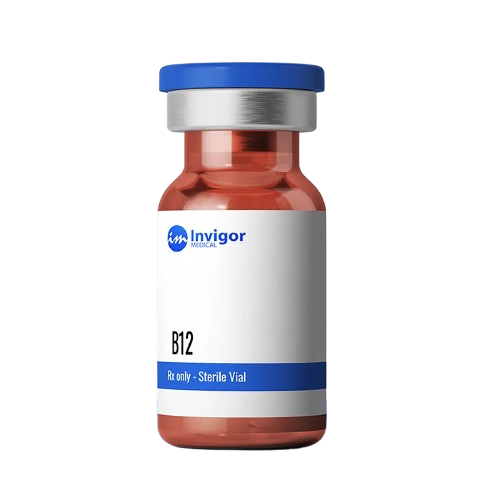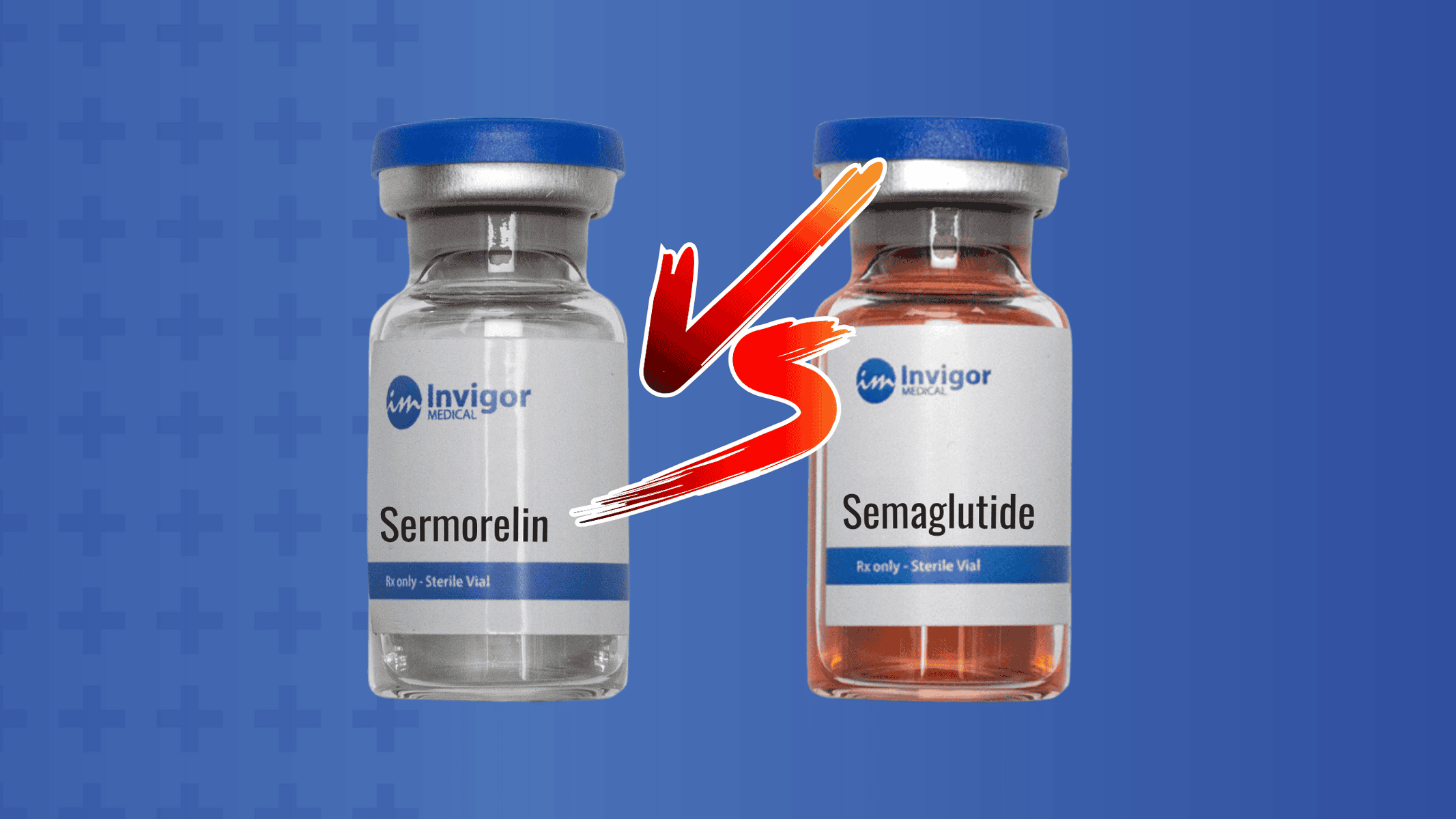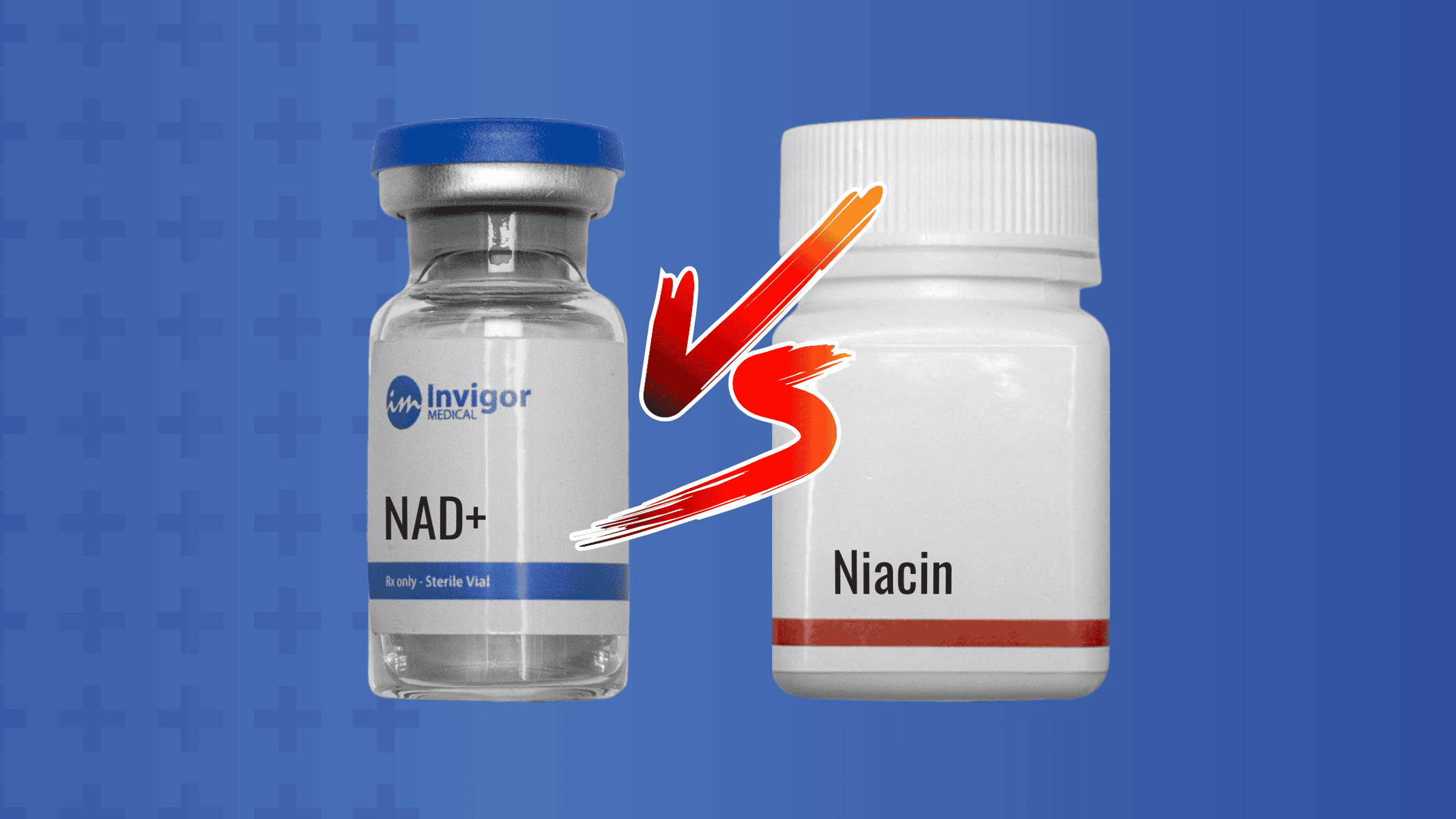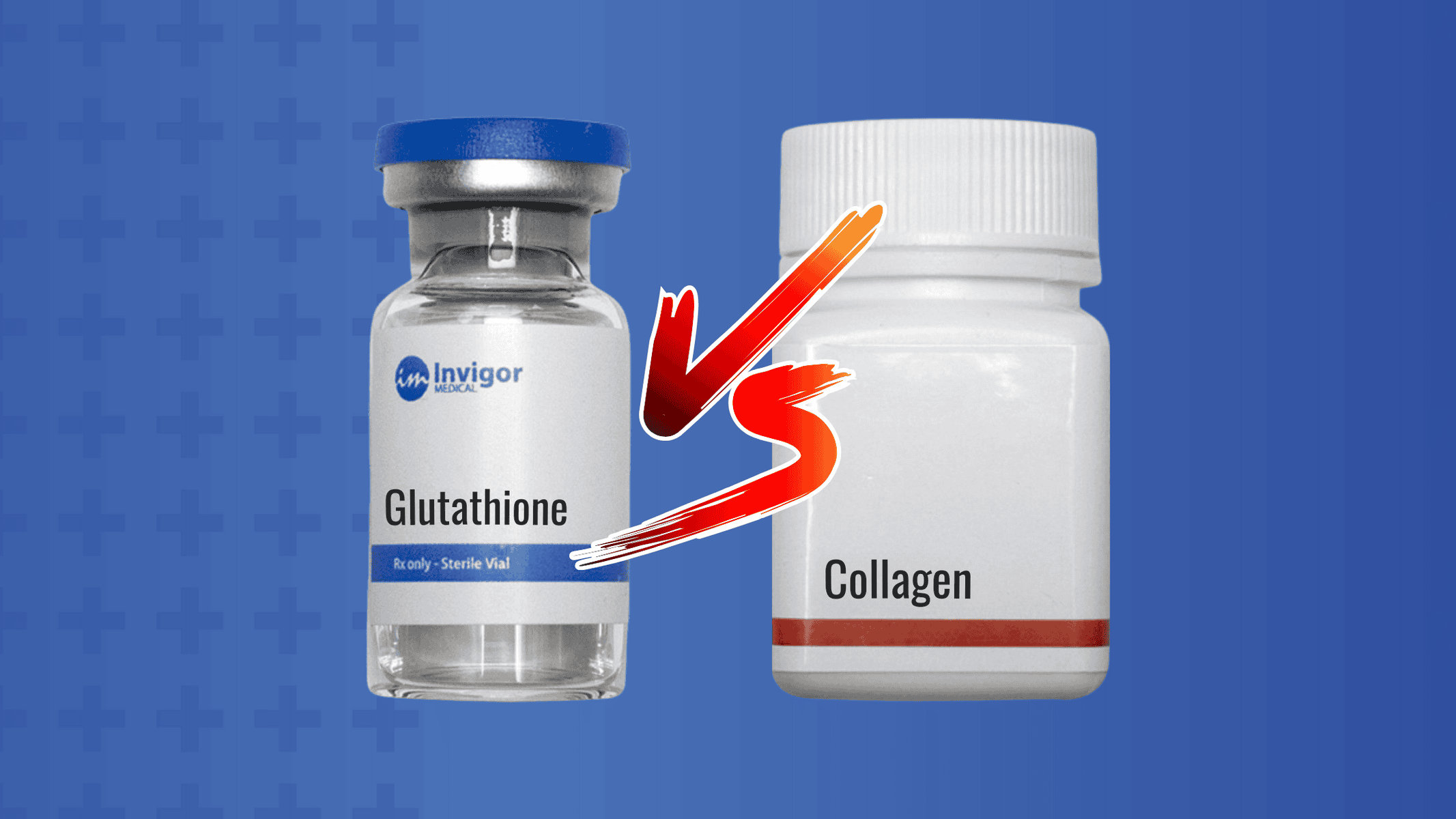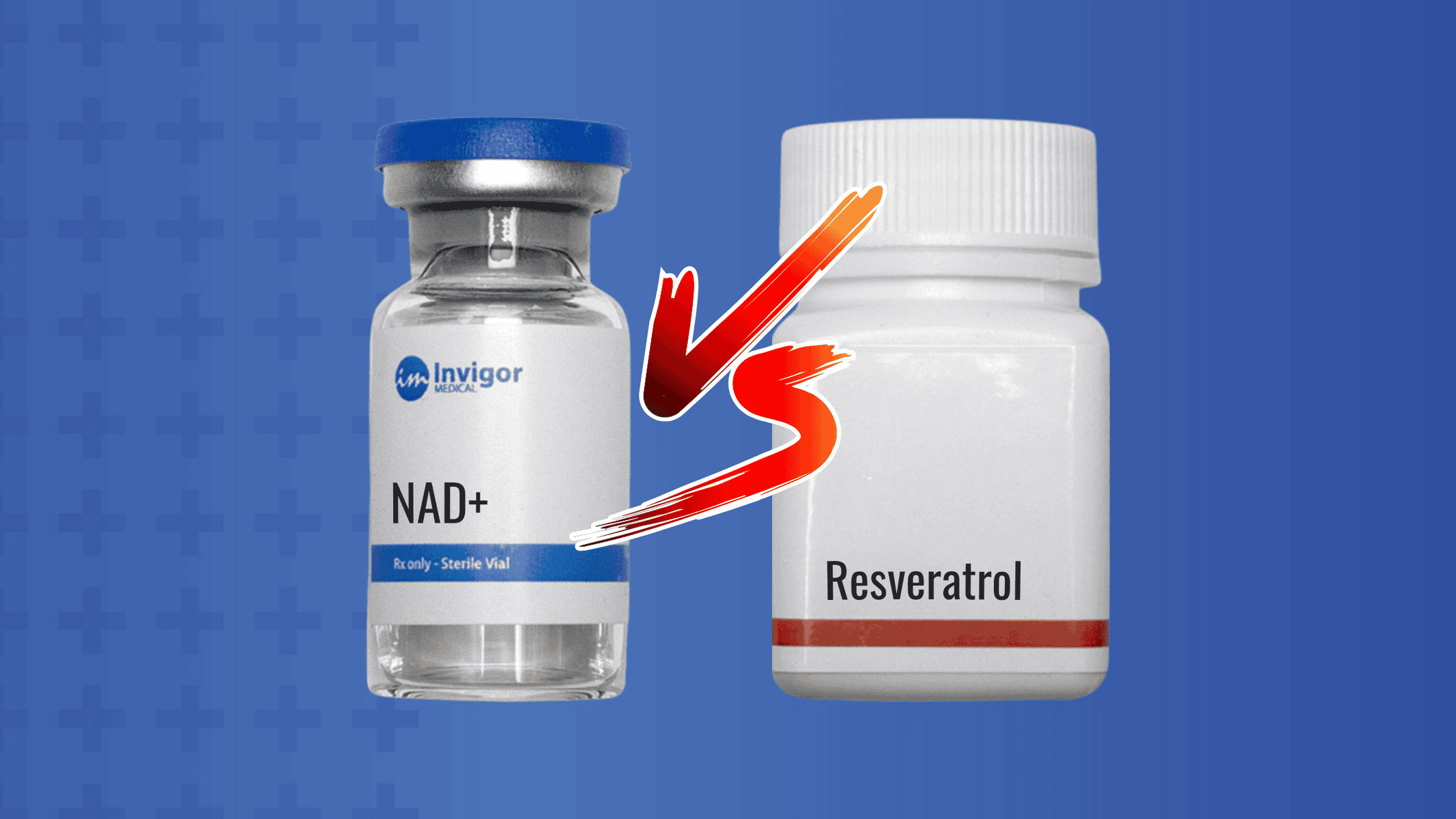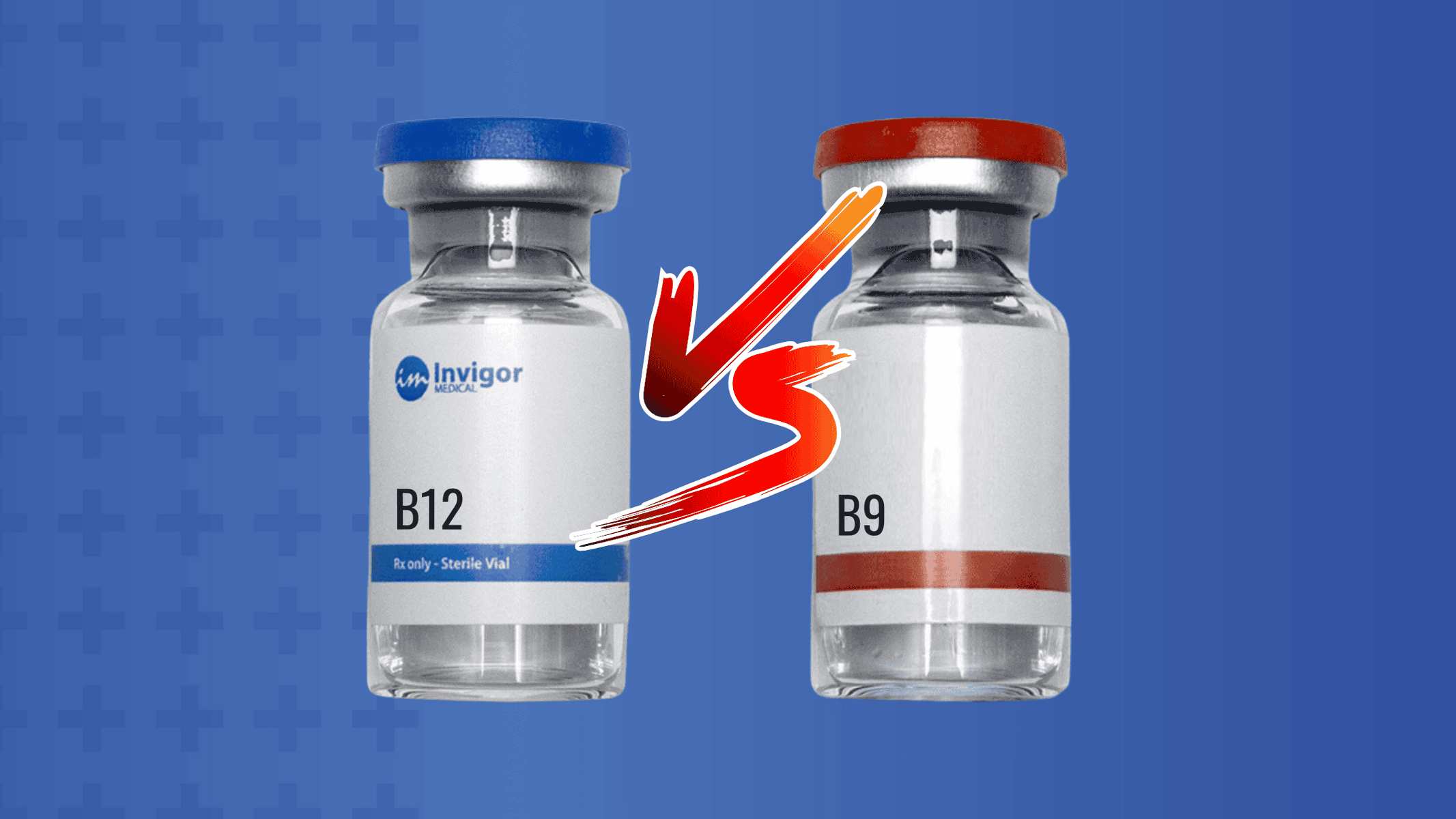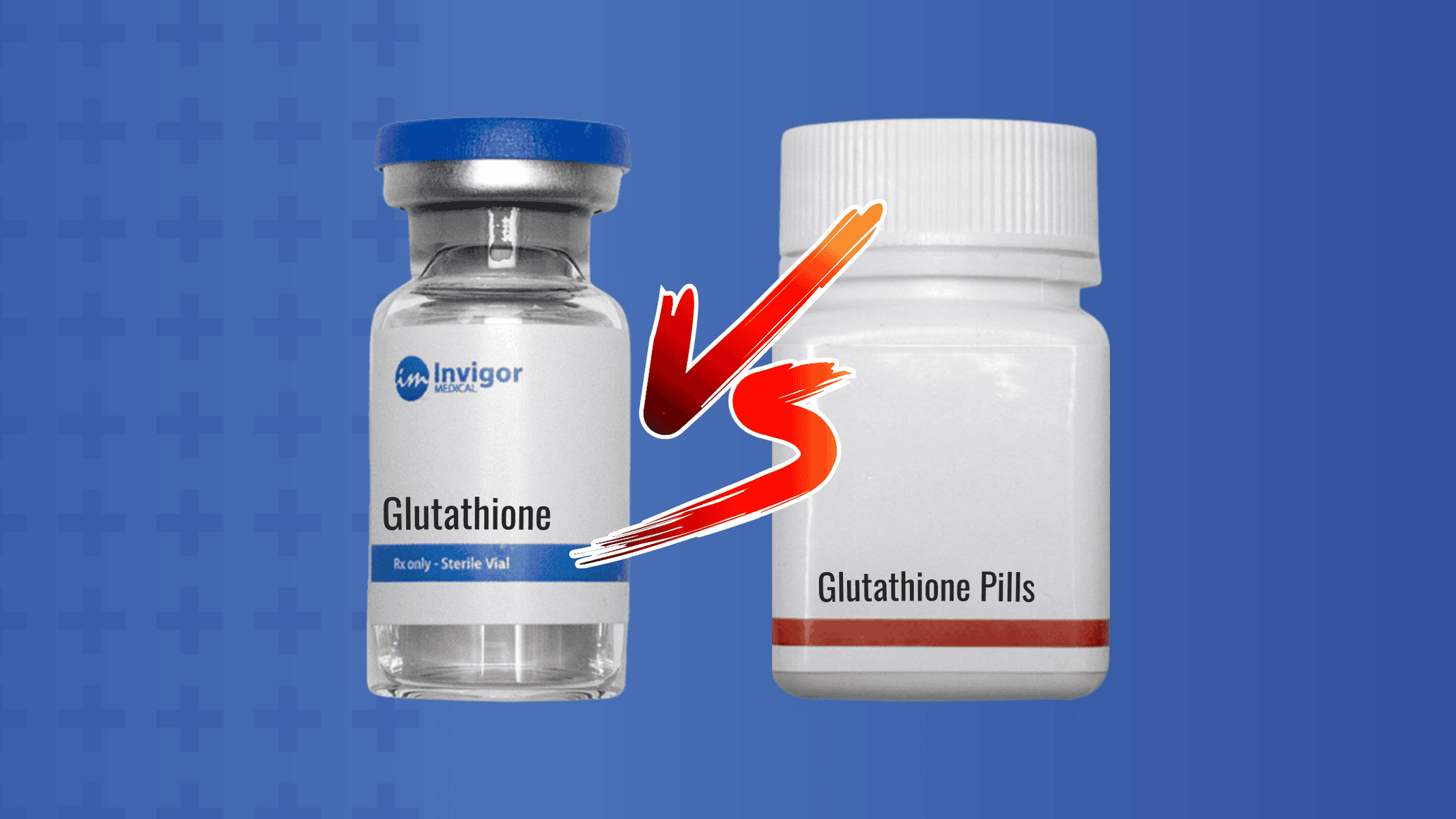Vitamin B12 deficiency affects about 6% of people under the age of 60 and nearly one in five people over the age of 60. Older adults are at higher risk for vitamin B12 deficiency due to age-related decline in absorption, and may require more frequent screening to prevent neurological and hematological symptoms. There is no definitive test for vitamin B12 deficiency, and the symptoms can be non-specific.1 Symptoms of vitamin B12 deficiency often develop gradually, making early detection challenging. This makes diagnosing vitamin B12 deficiency somewhat challenging. Screening for vitamin B12 deficiency is typically not recommended unless you are at increased risk.2 Assess your risk after reviewing these common vitamin B12 deficiency symptoms.
Table of Contents
Introduction to Vitamin B12
Vitamin B12 is an essential nutrient that your body needs to function properly. It plays a key role in the production of healthy red blood cells, supports nerve function, and is necessary for the synthesis of DNA, the genetic material in all cells. Without enough vitamin B12, the body can develop a range of health problems, including neurological and psychological symptoms. Most people get vitamin B12 from animal-based foods such as meat, dairy, and eggs, but it is also available in fortified foods and dietary supplements. However, certain medical conditions, like celiac disease and pernicious anemia, can interfere with the body’s ability to absorb vitamin B12, increasing the risk of deficiency and its associated symptoms.
Causes and Risk Factors
Vitamin B12 deficiency can develop for a variety of reasons. People who follow a vegan or vegetarian diet are at higher risk because plant-based foods typically do not contain vitamin B12 unless they are fortified. Weight loss surgery and certain medications, such as proton pump inhibitors, can also reduce the body’s ability to absorb vitamin B12. Autoimmune diseases like pernicious anemia interfere with the production of intrinsic factor, a protein needed for vitamin B12 absorption in the digestive system. Other risk factors include chronic conditions such as Crohn’s disease and diabetic neuropathy, as well as being an older adult or having a family history of vitamin B12 deficiency. Drinking excessive amounts of alcohol and taking certain medications can further increase the risk of developing a B12 deficiency.
1. Fatigue due to Vitamin B12 deficiency
Red blood cells carry oxygen to your body cells. Vitamin B12 is essential to keep blood cells healthy and to produce healthy red blood cells. A vitamin B12 deficiency can decrease red blood cell function and production (megaloblastic anemia), which can impair oxygen delivery to your cells. A deficiency impairs the body’s ability to produce healthy red blood cells. Without optimal oxygen levels, your body cells do not function as well, resulting in fatigue.3
2. Pale skin color
Pallor is an unnaturally pale skin color. The linings of the eyes, lips, and nail beds may also appear pale. Anemia due to a lack of vitamin B12 can cause pale skin color. This can be due to decreased blood density due to anemia. Some individuals may experience symptoms of vitamin B12 deficiency even before developed anemia is present.
3. Jaundice
When red blood cells are not functioning well due to abnormalities in size or shape, they may be broken down more quickly, causing increased bilirubin. In vitamin B12 deficiency, immature red blood cells are produced and these are more likely to be broken down, further contributing to jaundice. An increase in bilirubin in the body can cause the skin and whites of the eyes to look yellow, a condition called jaundice.4
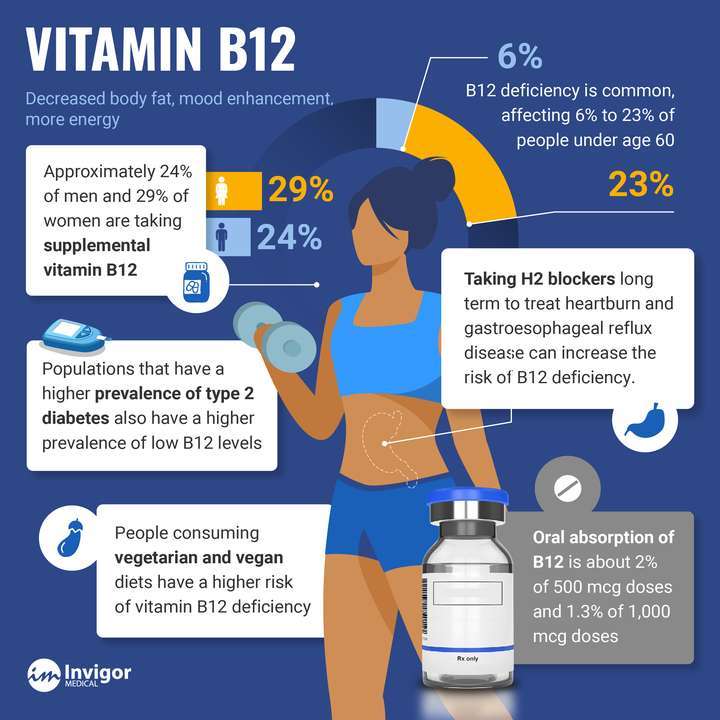
4. Shortness of breath
Shortness of breath or breathlessness is due to anemia from a lack of vitamin B12. Macrocytic anemia, a type of anemia characterized by abnormally large red blood cells, is commonly seen in vitamin B12 deficiency and contributes to these symptoms. When your body cannot produce enough red blood cells to carry oxygen to the body tissues, your heart pumps faster in response to a decrease in red blood cells. Blood passes through the lungs more quickly, making it difficult to fully oxygenate the red blood cells, resulting in shortness of breath.
5. Lightheadedness
Lightheadedness is a subjective symptom that has many potential causes. One reason people may feel lightheaded is anemia. Another common cause of lightheadedness is postural hypotension. This occurs when a person’s blood pressure does not respond quickly enough when moving from sitting or lying to standing.
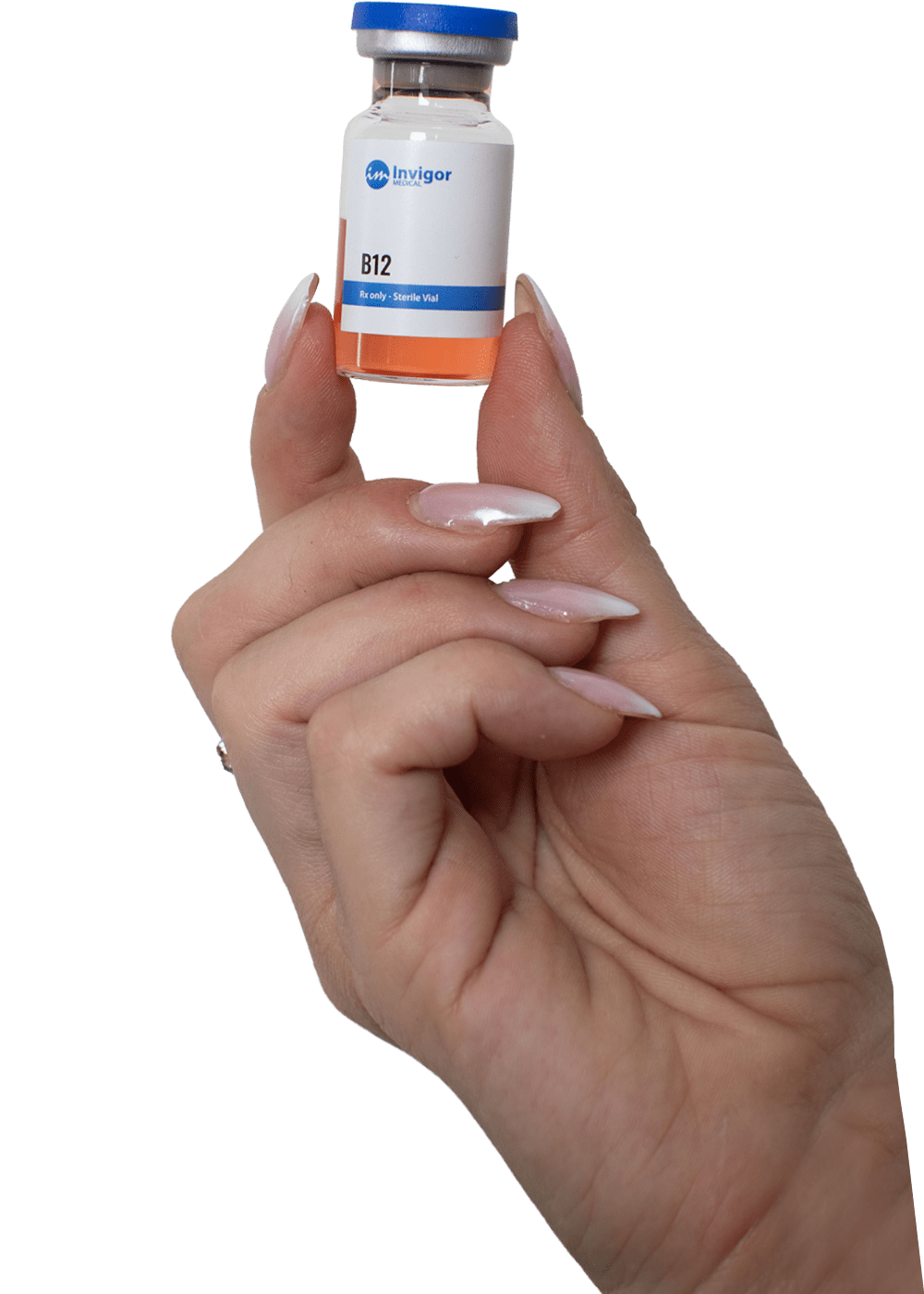
6. Numbness and tingling sensations
Vitamin B12 deficiency can cause neurologic abnormalities, including numbness and tingling. Myelin is a fatty covering over the surface of nerves. It speeds up nerve conduction. When myelin becomes thinned or damaged, it can cause neurologic symptoms. Vitamin B12 deficiency can also affect the central nervous system, leading to a range of neurological symptoms.
In rare cases, damage to the optic nerve can occur, potentially leading to vision problems.
7. Coordination challenges or gait abnormalities
Vitamin B12 is essential to maintain myelin, a fatty covering over nerve cells. Myelin is an insulator that is essential for effective electrical impulse transmission through nerve cells. When myelin breaks down and transmission slows, people may experience difficulty with coordination, balance, and movement.5
Vitamin B12 deficiency can also affect the spinal cord, further contributing to coordination and movement difficulties.

8. Difficulty concentrating
Megaloblastic anemia from folate and vitamin B12 deficiency can cause numerous cognitive changes, including difficulty thinking and concentrating.
Some studies suggest a potential link between vitamin B12 deficiency and an increased risk of Alzheimer’s disease, though more research is needed to fully understand this association.
9. Depression
Megaloblastic anemia can cause a constellation of symptoms, including depression, mania, irritability, paranoia, and emotional lability.5
Vitamin B12 deficiency can also lead to elevated homocysteine levels, which have been associated with an increased risk of depression.

10. Mouth soreness
Many people with vitamin B12 deficiency report pain in their mouth and a painful tongue. The tongue has a shiny appearance (glossitis). Similar symptoms can also occur with folate deficiency, so it is important to distinguish between the two conditions.
11. Muscle cramps
Damage to myelin on nerve cells and decreased oxygen levels in muscle tissue can cause muscle cramping and soreness.

12. Erectile dysfunction
Erectile dysfunction, or the inability to get and maintain an erection, can occur due to decreased blood flow to the penis or a change in nerve transmission. Vitamin B12 deficiency can cause anemia, which results in decreased oxygenation of body tissues, and demyelination or damage to the fatty coverings over nerves. Both of these can contribute to erectile dysfunction.
Not everyone who has vitamin B12 deficiency has these symptoms. Only about one in five people with vitamin B12 deficiency have megaloblastic anemia. Researchers have also found a poor correlation between vitamin B12 levels and symptoms associated with vitamin B12 deficiency.6
Diagnosis and Blood Tests
Diagnosing vitamin B12 deficiency usually starts with a blood test to measure vitamin B12 levels. Healthcare providers may also order a complete blood count (CBC) to look for signs of anemia, such as large red blood cells, which can indicate a problem with vitamin B12. In some cases, additional tests are needed to identify the underlying cause of the deficiency. It’s important to seek medical advice if you are experiencing symptoms related to vitamin B12 deficiency, as the condition can be misdiagnosed or left untreated, potentially leading to serious health complications. Early detection through blood tests can help ensure that your blood cells remain healthy and that you receive the most appropriate treatment.
Treatment and Management
The treatment for vitamin B12 deficiency depends on its cause and severity. For many people, increasing intake of vitamin B12 through dietary supplements or injections can quickly restore normal levels. Oral supplements are often effective, but some individuals, especially those with pernicious anemia, may require regular vitamin B12 injections for life. Including fortified foods, such as breakfast cereals, and animal products like dairy and organ meats in your diet can also help prevent deficiency. It’s important to follow your healthcare provider’s recommendations regarding dosage, as very high doses of vitamin B12 are not always necessary and may cause unwanted effects. With the right treatment, most symptoms improve, and long-term complications can be avoided.
Dietary Changes and Prevention
Preventing vitamin B12 deficiency often starts with making smart dietary choices. If you follow a vegan or vegetarian diet, consider taking vitamin B12 supplements or choosing foods fortified with vitamin B12, such as nutritional yeast and certain breakfast cereals. Limiting the use of certain medications, like heartburn medicines, and avoiding drinking excessive amounts of alcohol can also help maintain healthy red blood cells and normal vitamin B12 levels. Regular blood tests and physical exams are important for early detection, especially if you have risk factors for deficiency. By taking proactive steps to support your nervous system and cardiovascular health, you can reduce the risk of nerve damage, neurological symptoms, and other complications associated with vitamin B12 deficiency.
Conclusion
For those experiencing any of the common symptoms associated with Vitamin B12 deficiency, such as fatigue, numbness, muscle cramps, or cognitive challenges, addressing this nutritional shortfall is crucial for maintaining optimal health and well-being. Invigor Medical offers a convenient and effective solution to replenish your Vitamin B12 levels. By choosing to buy Vitamin B12 through their services, you can ensure your body receives the necessary support to combat deficiency symptoms, promoting a healthier, more vibrant life. Individuals with certain eating habits, such as those following a vegan diet, should be especially mindful of their vitamin B12 intake and consider supplementation to meet their needs. Explore their offerings to find the best Vitamin B12 supplementation option for you.

